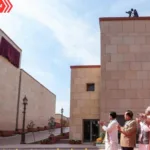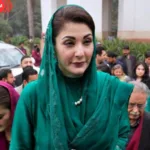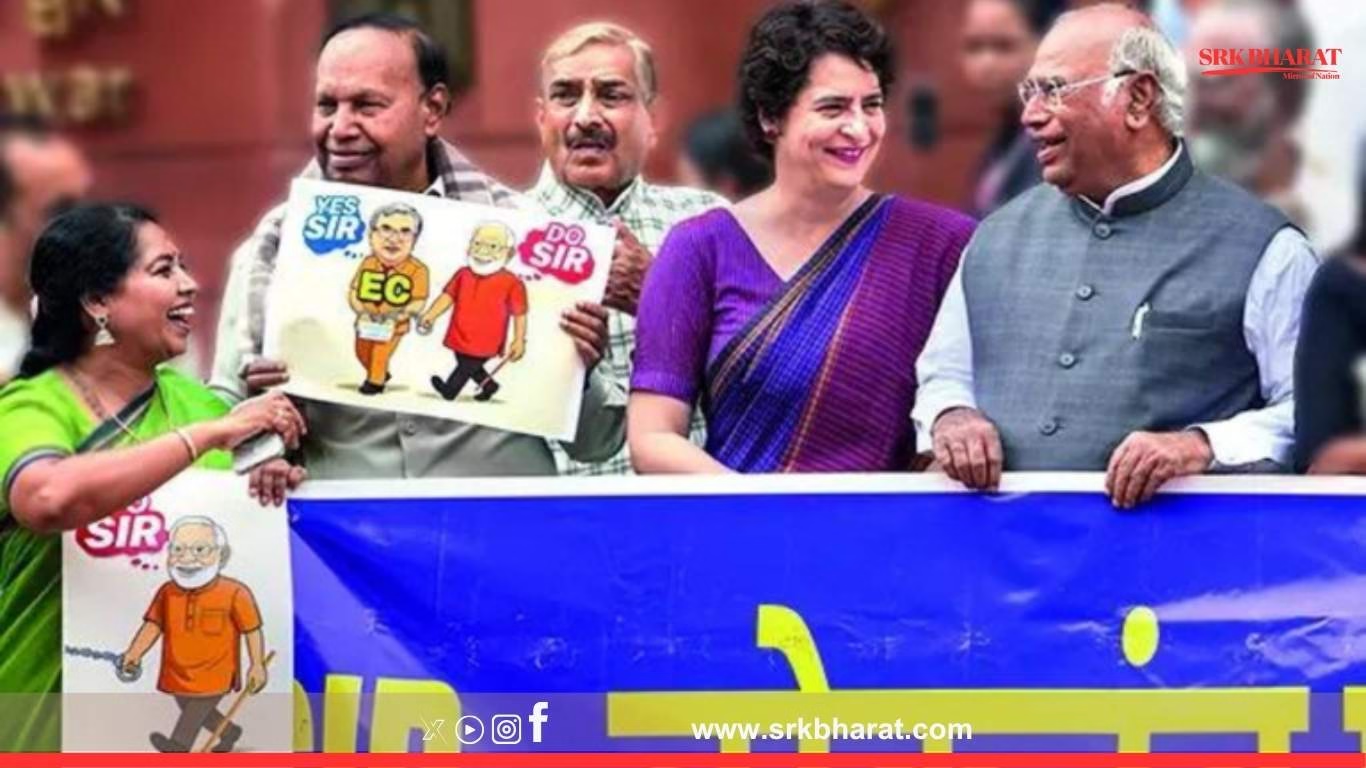Chennai: The Election Commission of India’s recent move to integrate nearly 6.5 lakh migrant workers from Bihar into the electoral rolls of Tamil Nadu has triggered a political storm, with the ruling Dravida Munnetra Kazhagam (DMK) and its alliance partners launching a scathing attack. The issue, which came to light through internal EC communications and district-level preparations, has sparked fears of voter base manipulation and deepened the political divide ahead of the 2026 Assembly polls.
While the Election Commission maintains that the move adheres to existing voter inclusion norms—especially for migrants who have resided in Tamil Nadu for a certain period—opposition parties have labeled it a “subversive, non-transparent, and politically-motivated strategy”, potentially favouring parties like the BJP, which enjoys strong support in Bihar.
DMK’s Sharp Rebuttal: Electoral Manipulation or Demographic Reality?
Tamil Nadu Chief Minister M.K. Stalin, leading the charge, has categorically condemned the move, asserting that it challenges the very integrity of state-specific democratic representation. In a strongly worded statement, he said:
“This is not just a case of voter inclusion; this is an orchestrated attempt to tamper with the electoral foundation of Tamil Nadu. Migrants working in industries have every right to work and live here, but granting them voting rights without thorough verification is an electoral malpractice in disguise.“
Joining the chorus were leaders from alliance parties like the CPI, CPI(M), VCK, and MDMK. They allege that this move is part of a centralised push to influence southern state politics through “imported voters”, especially in industrial hubs like Chennai, Coimbatore, Tirupur, and Hosur, where North Indian migrants are present in large numbers due to employment in the textile, construction, and logistics sectors.
What the Election Commission Says
According to officials from the Election Commission’s Tamil Nadu chapter, the decision was based on field surveys, Aadhaar and utility bill submissions, and reports from employers of migrants. Under Section 19 of the Representation of the People Act, 1950, any Indian citizen who is a resident at a particular address for at least six months is eligible to apply for enrolment in that constituency.
The EC clarified that:
- Migrant workers are not being added en masse.
- All additions are based on verifiable documents.
- Each applicant undergoes house-to-house verification by Booth Level Officers (BLOs).
Still, political opponents argue that in the absence of rigorous scrutiny and with administrative pressure from the Centre, the impartiality of the voter rolls cannot be guaranteed.
Key Districts Affected
| District | Estimated Migrant Voters from Bihar | Dominant Industry |
|---|---|---|
| Chennai | 1,20,000 | Construction, Logistics |
| Coimbatore | 1,05,000 | Textiles, Manufacturing |
| Tiruppur | 95,000 | Knitwear, Apparel |
| Erode | 80,000 | Power Looms, Dyeing Units |
| Hosur (Krishnagiri) | 70,000 | Auto, Electronics, Hardware |
| Others | 80,000 | Agricultural and Informal Sector |
| Total | 6,50,000 |
DMK leaders argue that these additions—if unchecked—could impact 20–25 Assembly constituencies, particularly in Western Tamil Nadu and Chennai suburbs, areas where BJP and its allies have been trying to make inroads.
Political Reactions from Across the Spectrum
| Party / Group | Reaction |
|---|---|
| DMK | “Undemocratic interference” in the state’s electoral sovereignty |
| AIADMK | Demanded clarification from EC but remained cautious |
| BJP (TN Unit) | Called criticism “xenophobic and anti-labour” |
| VCK, CPI, MDMK | Said move is part of BJP’s north-India model being forced on Tamil Nadu |
| Civil Rights Groups | Warned of potential social disharmony due to politicisation of migrants |
Interestingly, AIADMK—though usually silent on migrant labour issues—has asked the EC to “clearly explain” its methodology. The party’s lukewarm stance has also raised eyebrows.
Migrant Workers: Pawns in a Political Game?
For the migrant workers themselves, this controversy has created confusion. While some see the opportunity to vote in Tamil Nadu as a validation of their roots in the state, others fear backlash from locals and scrutiny from employers. Advocacy groups working with migrants have urged for more awareness, legal aid, and clarity on eligibility rules to avoid weaponising this community in political crossfire.
Sanjay Kumar, a migrant from Patna working in Tiruppur’s garment industry, remarked:
“We work here for years, but every time there is an election, politicians fight over us as if we are tools. We just want to live peacefully and earn a living.”
Legal and Ethical Questions Arise
Several legal experts have questioned the mass inclusion drive, pointing out possible violations of due process, especially if district collectors or BLOs are under political pressure.
Senior advocate C. Velmurugan stated:
“Even if the law allows it, the process must be transparent. Publishing bulk additions without a public hearing process or proper display for objections undermines democratic accountability.”
Furthermore, civil society has demanded that the EC publish detailed data on new voters by category—local, interstate, NRIs—for each constituency in Tamil Nadu to ensure full transparency.
DMK’s Next Steps: Legal Route and Public Mobilisation
DMK is reportedly planning to:
- File a petition in the Madras High Court challenging the EC’s methodology.
- Launch a state-wide awareness campaign on the voter list issue.
- Demand a legislative review of voting rights for temporary migrants.
Party sources say CM Stalin is closely monitoring the issue and has instructed ministers to escalate the matter politically and legally. A high-level legal team is already reviewing precedents related to voter inclusion and migrant identification norms.
Implications for Upcoming Elections
With panchayat elections around the corner and Lok Sabha polls in 2029, this controversy will likely become a major electoral plank, particularly for the DMK-led Secular Progressive Alliance.
- DMK will frame it as a federalism vs. central overreach debate.
- BJP may leverage it to consolidate migrant support and depict DMK as anti-North Indian.
- AIADMK will be compelled to take a clearer position, potentially realigning alliances.
Conclusion
The Election Commission’s voter inclusion exercise, though legally supported, has stirred a hornet’s nest in Tamil Nadu. At stake is not just the number of voters, but the sanctity of regional identity, democratic transparency, and political balance. As political temperatures rise, the need for a robust, data-driven, and transparent electoral enrolment system becomes more urgent than ever.
Disclaimer: This report is based on available public data, party statements, and election regulations. Any interpretations or projections are meant for journalistic purposes and are subject to change based on official clarifications.











